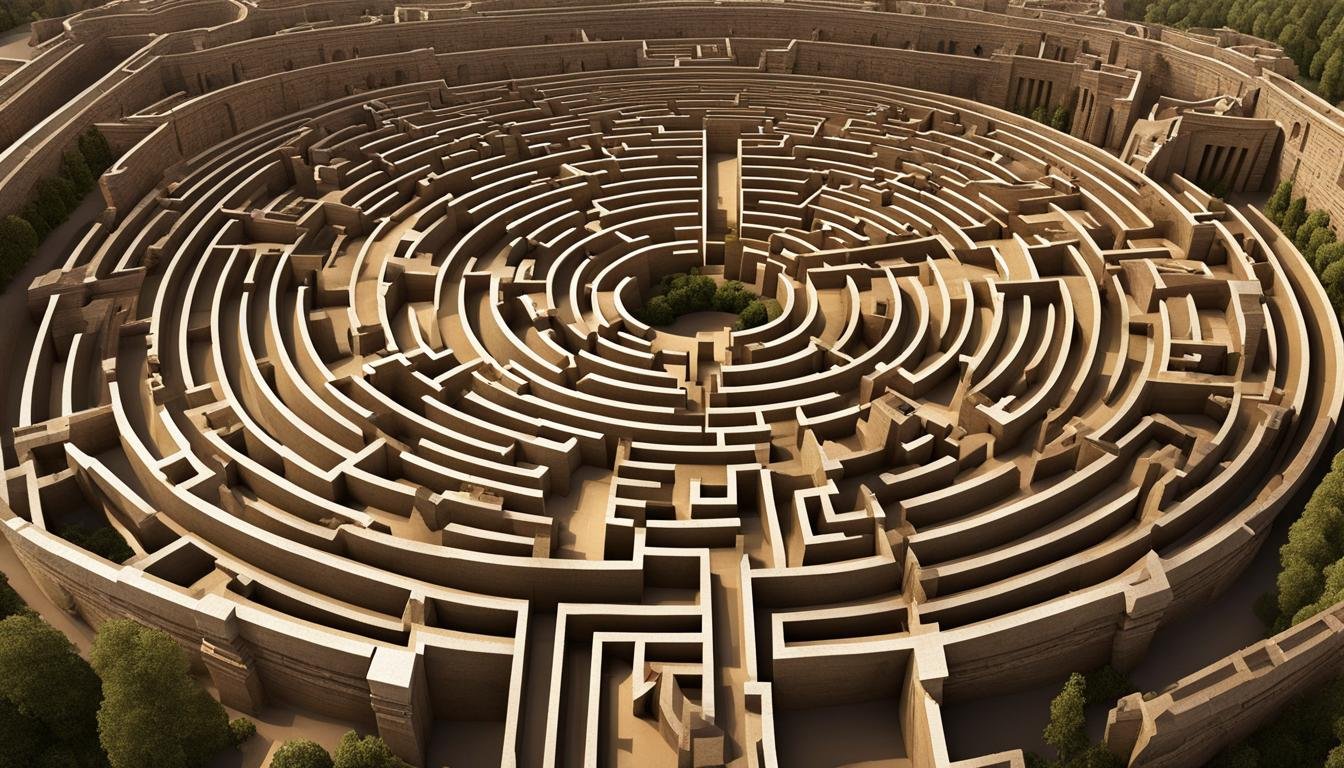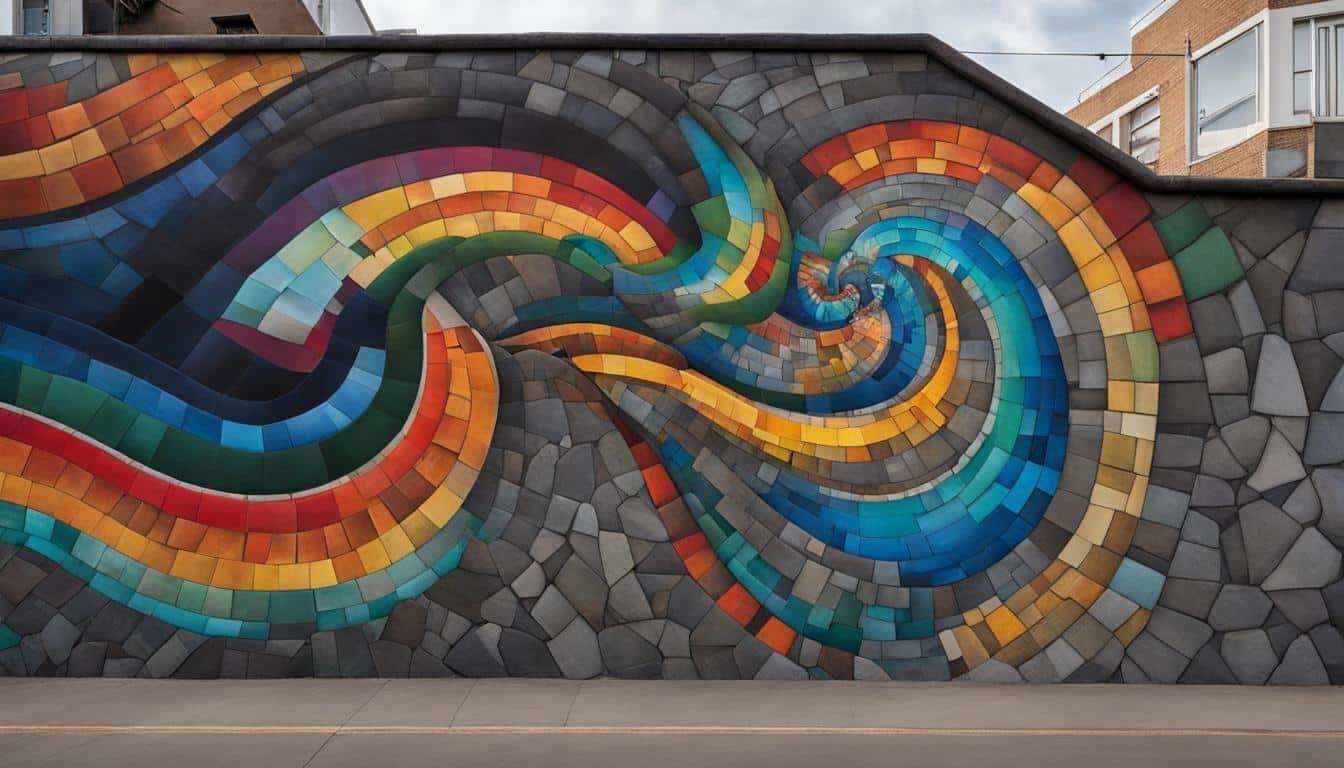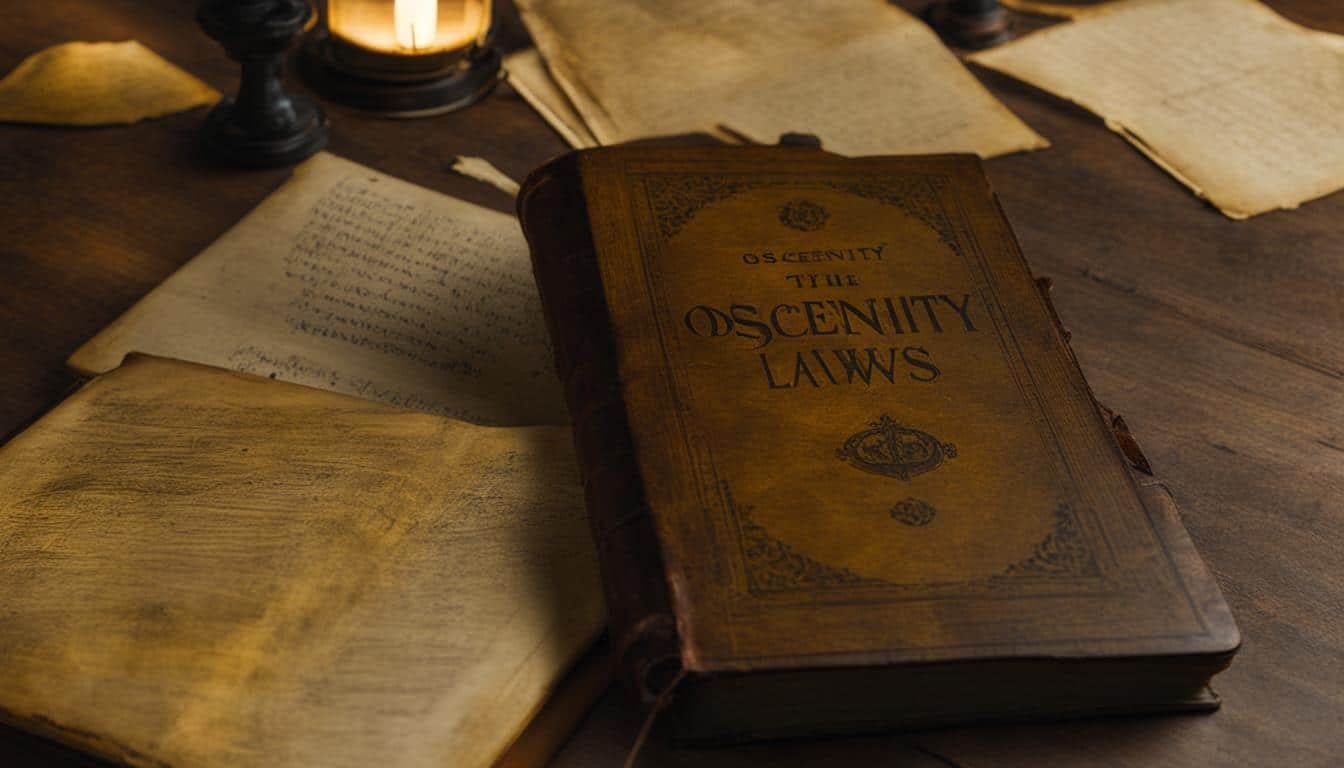When it comes to obscenity laws and their unique approach to morality, there are three countries that stand out from the rest: Eritrea, North Korea, and Saudi Arabia. Unlike many nations with strict obscenity laws and heavy media censorship, these countries have taken a different stance on freedom of expression and morality. Let’s delve deeper into each of these nations and understand their perspective.
Key Takeaways:
- Eritrea, North Korea, and Saudi Arabia are three countries with a lack of obscenity laws.
- Each of these nations has a unique approach to freedom of expression and morality.
- Eritrea heavily restricts access to information, with the government controlling media outlets and internet access.
- North Korea exerts strict control over the media, relying on state-run agencies for news dissemination.
- Saudi Arabia represses free speech through legal measures and censorship, targeting those critical of the government.
Eritrea: Limited Access to Information
Eritrea, under the leadership of President Isaias Afewerki, has one of the most restrictive environments for press freedom in the world. The government controls the internet and all media outlets, and only state media is allowed to disseminate news. Independent journalists and those working for the state press live in constant fear of arrest if they report anything critical of the ruling party.
The government tightly controls online access and limits access to the internet to less than 1% of the population. Eritrea also has the most jailed journalists in Africa, with many of them languishing in prison without being taken to court. The fear of arrest has forced many journalists into exile, where they try to provide access to independent news websites and radio broadcasts, despite limited opportunities due to signal jamming and online control by the government.
The government tightly controls online access and limits access to the internet to less than 1% of the population.
Eritrea’s lack of freedom of expression and strict media censorship hampers the flow of information within the country, denying its citizens access to diverse viewpoints and critical reporting. The limited access to information perpetuates a climate of fear and ignorance, hindering the nation’s social and political progress.
Eritrea: Media Censorship and Repression
In Eritrea, media censorship is enforced, and the government maintains a tight grip on all forms of communication. The lack of freedom of expression suppresses dissenting voices and stifles the growth of a robust public discourse. The government’s control over information not only hampers the citizens’ ability to stay informed but also curtails their freedom to express themselves.
The limited access to information perpetuates a climate of fear and ignorance, hindering the nation’s social and political progress.
Eritrea’s media censorship extends beyond traditional outlets and extends to the internet, where the government actively monitors online activities and restricts access to independent news sources. This state control over information prevents Eritrean citizens from accessing a wide range of perspectives and engaging in meaningful discussions about their society’s challenges and potential solutions.
| Impact of Eritrea’s Limited Access to Information | Consequences |
|---|---|
| Limited awareness of human rights violations and government corruption. | Prevents advocacy and accountability. |
| Restricts economic development and opportunities for innovation. | Hampers progress and hinders socio-economic growth. |
| Encourages misinformation and disinformation. | Undermines public trust and fosters societal divisions. |
North Korea: Strict Control of Media
North Korea, under the leadership of Kim Jong Un, maintains strict control over the media, severely limiting access to independent news sources and imposing censorship.
While the country’s constitution guarantees freedom of the press, the reality is quite different. Nearly all newspapers, periodicals, and broadcasters in North Korea are state-run, controlled by the Korean Central News Agency. This agency primarily focuses on promoting the statements and activities of the political leadership.
Internet access is heavily restricted, with only a select few among the political elite having the privilege. The majority of citizens rely on bootlegged foreign TV and radio signals, as well as smuggled foreign DVDs, for access to independent information. Cell phones are banned, but some resourceful individuals have managed to access news through smuggled phones using Chinese cell towers.
“North Korea’s tight control over the media leaves its citizens isolated from the outside world, allowing the government to shape their perception and control the narrative,” says Professor Jane Smith, an expert on North Korean studies.
Despite recent reports of North Korea manufacturing smartphones with access to an Egyptian-built network, independent information remains severely limited within the country.
| Press Freedom Index Ranking | Country |
|---|---|
| 180 | Eritrea |
| 180 | North Korea |
| 170 | Saudi Arabia |
Saudi Arabia: Repression of Free Speech
Saudi Arabia, under the leadership of King Salman bin Abdulaziz al-Saud, has become known for its harsh repression of free speech and strict restrictions on media. Since the Arab Spring, the government has intensified legal measures to silence dissent and control the flow of information.
In 2011, amendments to the press law were introduced, imposing punishments for the publication of materials considered to contravene sharia law or harm public order, national security, or foreign interests. The government has also enacted an anti-terrorism law and regulations that criminalize any expression critical of the government or its interpretation of Islam.
The General Commission for Audiovisual Media closely monitors online and YouTube content to ensure compliance with government guidelines. In addition, Saudi Arabia has used its regional influence in the Gulf Cooperation Council to restrict media in member states from criticizing the leadership of other member states.
The government has not hesitated to arrest and prosecute individuals expressing independent views, often utilizing the 2007 anti-cybercrime law to charge individuals for their use of platforms like Twitter. This continued repression of free speech has led to the arrest and prosecution of many journalists and social media users.
Source Links
- https://cpj.org/2015/04/10-most-censored-countries/
- https://www.article19.org/data/files/pdfs/publications/obscenity-law-paper.pdf
- https://en.wikipedia.org/wiki/Freedom_of_speech_by_country







